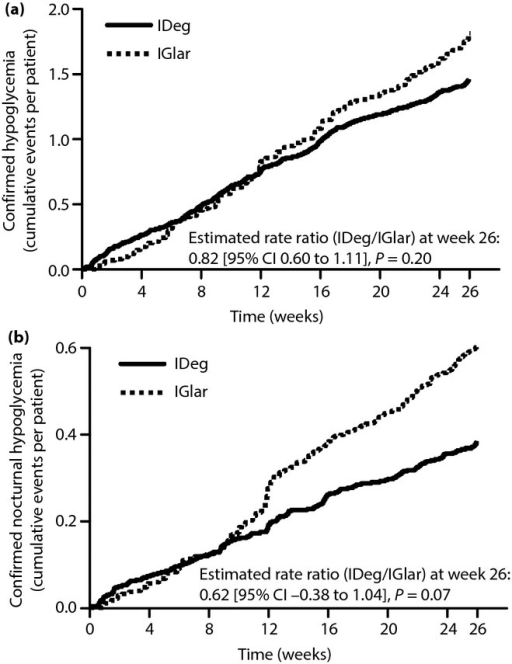

Webinar Series: COVID-19: CALTCM Weekly Rounds.Register Now: 2022 CALTCM Summit for Excellence.This site is protected by reCAPTCHA and the Google Privacy Policy and Terms of Service apply. Use of the site is conditional upon your acceptance of our terms of use. does not provide medical advice, diagnosis or treatment. Always consult your doctor about your medical conditions. This information is not designed to replace a physician’s independent judgment about the appropriateness or risks of a procedure for a given patient. If you take insulin speak with your health care provider about getting a prescription for emergency Glucagon.Make sure to discuss with your health care provider specifics on how he/she would like you to manage/treat nocturnal hypoglycemia.Once your blood glucose is above 70 mg/dL, if your typical breakfast time is still several hours away have a small snack that includes both a carb and a protein, such as peanut butter crackers.If blood glucose remains below 70 mg/dL, repeat the above treatment.
 Treat a low blood glucose with quick acting carbs such as juice (4 ounces) or glucose tablets (3 to 4 tablets). If you are woken up by a low blood glucose, first check your blood glucose to confirm it is low (<70 mg/dL). *Insurance coverage can be a challenge* Treatment of nocturnal hypoglycemia A CGM may also be beneficial if you live alone or travel alone as you can set an alarm for when your blood glucose drops below a set threshold (i.e. If you have a history of nocturnal hypoglycemia, hypoglycemia unawareness or have experienced a severe low blood glucose, a continuous glucose monitor (CGM) may be helpful. Long acting insulin has a flat action profile and does not have variable peaks (like NPH does) therefore the risk of nocturnal hypoglycemia is reduced. If you currently take the intermediate-acting insulin, NPH, speak with your health care provider about switching to a long acting insulin such as, Lantus, Levemir, or Tresiba. If you were more active than usual, consumed alcohol in the evening, or had a low blood glucose during the day, set an alarm to check your blood glucose at 2 a.m. Whole wheat bread with peanut butter or whole grain crackers with a slice of cheese. If your blood sugar is less than 100 mg/dL (discuss a blood glucose target for bedtime with your health care provider) eat at low to moderate glycemic index snack before going to bed. Many people feel comfortable if their blood glucose is at least 100 mg/dL before going to sleep. Discuss with your health care provider a safe blood glucose target for bedtime. Check your blood glucose before going to bed.
Treat a low blood glucose with quick acting carbs such as juice (4 ounces) or glucose tablets (3 to 4 tablets). If you are woken up by a low blood glucose, first check your blood glucose to confirm it is low (<70 mg/dL). *Insurance coverage can be a challenge* Treatment of nocturnal hypoglycemia A CGM may also be beneficial if you live alone or travel alone as you can set an alarm for when your blood glucose drops below a set threshold (i.e. If you have a history of nocturnal hypoglycemia, hypoglycemia unawareness or have experienced a severe low blood glucose, a continuous glucose monitor (CGM) may be helpful. Long acting insulin has a flat action profile and does not have variable peaks (like NPH does) therefore the risk of nocturnal hypoglycemia is reduced. If you currently take the intermediate-acting insulin, NPH, speak with your health care provider about switching to a long acting insulin such as, Lantus, Levemir, or Tresiba. If you were more active than usual, consumed alcohol in the evening, or had a low blood glucose during the day, set an alarm to check your blood glucose at 2 a.m. Whole wheat bread with peanut butter or whole grain crackers with a slice of cheese. If your blood sugar is less than 100 mg/dL (discuss a blood glucose target for bedtime with your health care provider) eat at low to moderate glycemic index snack before going to bed. Many people feel comfortable if their blood glucose is at least 100 mg/dL before going to sleep. Discuss with your health care provider a safe blood glucose target for bedtime. Check your blood glucose before going to bed. 
Signs and symptoms of nocturnal hypoglycemia
Alcohol (especially if consumed before bed). Exercise (especially if exercise was longer or more intense than usual). (Diabeta, Micronase, Glucotrol, Glucotrol XL, Amaryl, Glynase). Any of the following medications may cause hypoglycemia (including nocturnal hypoglycemia):. There is also evidence that release of counterregulatory hormones are suppressed to some extent during sleep. However, while asleep such symptoms/signals are suppressed and/or go unnoticed. Such symptoms will likely trigger an individual to treat a low blood glucose. The release of these hormones provides the initial symptoms (shaking, sweating, rapid heart beat, etc.) that an individual may feel when their blood glucose is low. When a low blood glucose occurs counterregulatory hormones (such as glucagon and epinephrine) are released to raise blood glucose. Why does low blood glucose go undetected at night? Severe hypoglycemia can cause seizures and unconsciousness, requiring emergency care. Nocturnal hypoglycemia may also result in physical injury, poor quality of life and possibly impairment in cognitive function. Hypoglycemia unawareness is low blood glucose that occurs without symptoms, therefore, the person is unaware of the drop in their blood glucose, ultimately delaying treatment. Undetected nocturnal hypoglycemia is a risk factor for hypoglycemia unawareness:. Nocturnal hypoglycemia can be especially dangerous because an individual is unlikely to recognize symptoms or wake up during an episode. Why is nocturnal hypoglycemia concerning? Incidence rates vary from 12 to 56 percent, however because 49 to 100 percent of episodes occur without symptoms the actual incidence may be much higher. During the DCCT 43 percent of all hypoglycemia episodes and 55 percent of severe episodes reported occurred during sleep. According to a journal article from Medscape General Medicine:.







 0 kommentar(er)
0 kommentar(er)
